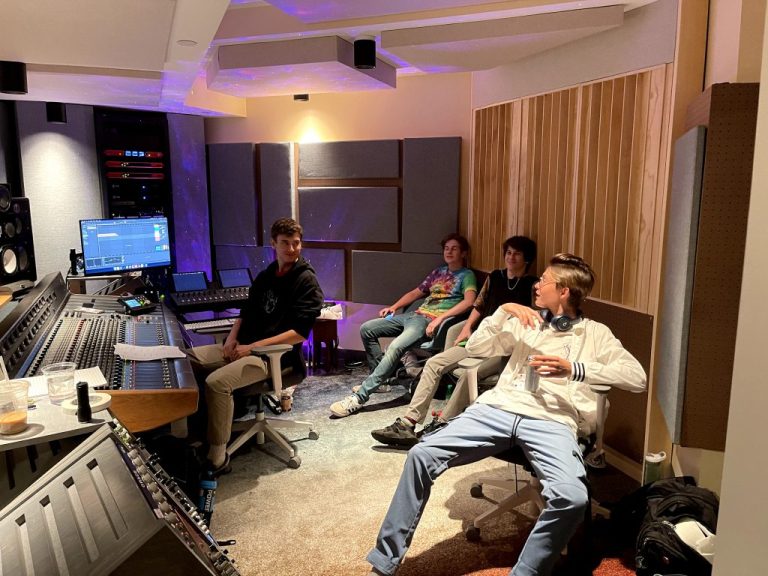These days, more and more people are seeking vocal training classes, even if they are non-singers. This is because vocal training is a highly lucrative investment for people pursuing different careers, and for those who want to improve some aspects of their character and personality. If you are aiming to enhance some innate skills and prepare yourself for a highly diverse career environment, then you may start doing so by working on your vocal chops.
Among the top reasons vocal training matters even to people who are not singers are:
- You learn to modulate your voice.
Knowing how to modulate your voice allows you to provide more impact on your overall tone whenever you speak aloud. There are people whose speaking voice is croaky or squeaky, while others have difficulty in making their pitch bigger and fuller. There are also those who cannot make their voice louder without shrieking, and they consider these conditions as impediments in terms of building a more commanding persona.
Voice lessons then help develop the vocal chords to become more flexible, and even when they do not sing, these people are able to speak in the best ways they can.
- You develop confidence.
When you have a strong voice that you can easily control, your confidence also develops as you are able to bring command to your peers. This is important for people who are into socializing, such as public speakers, politicians, and PR representatives. Even managers in companies undergo vocal training to make their voice more commanding towards their subordinates and enhance their self-esteem in facing other people of higher rankings and positions.
Through vocal training, you are able to boost your confidence and use this wherever you may go.

- You have a skill that can entertain a crowd.
Vocal training helps enhance your voice in such a way that you are already able to carry out a tune. You may not turn out to be a great singer, but at least you acquired a skill that allows you to sing pieces that are within your vocal range. You can then sing in events where you need to entertain a crowd, or at least sing whenever ice breakers are required.
- You also practice discipline.
People think that vocal training is easy, but it actually requires a lot of patience and practice. There are also certain precautions that have to be followed, such as reduced eating of sweets and drinking cold water, and these are steps in developing discipline. Learning voice lessons thus help you establish a sense of discipline and determination in a rather meaningful way, as you get to realize the fruits of your labor by the end of the course.
- It will be easier for you to support aspiring singers.
Are you a parent of a child who is undergoing vocal training? Then rather than be a mere spectator, you can also help boost your child’s success as you too have undergone voice lessons. You can provide supplemental teachings and make your child understand the lessons taught in voice classes in a much easier manner.








